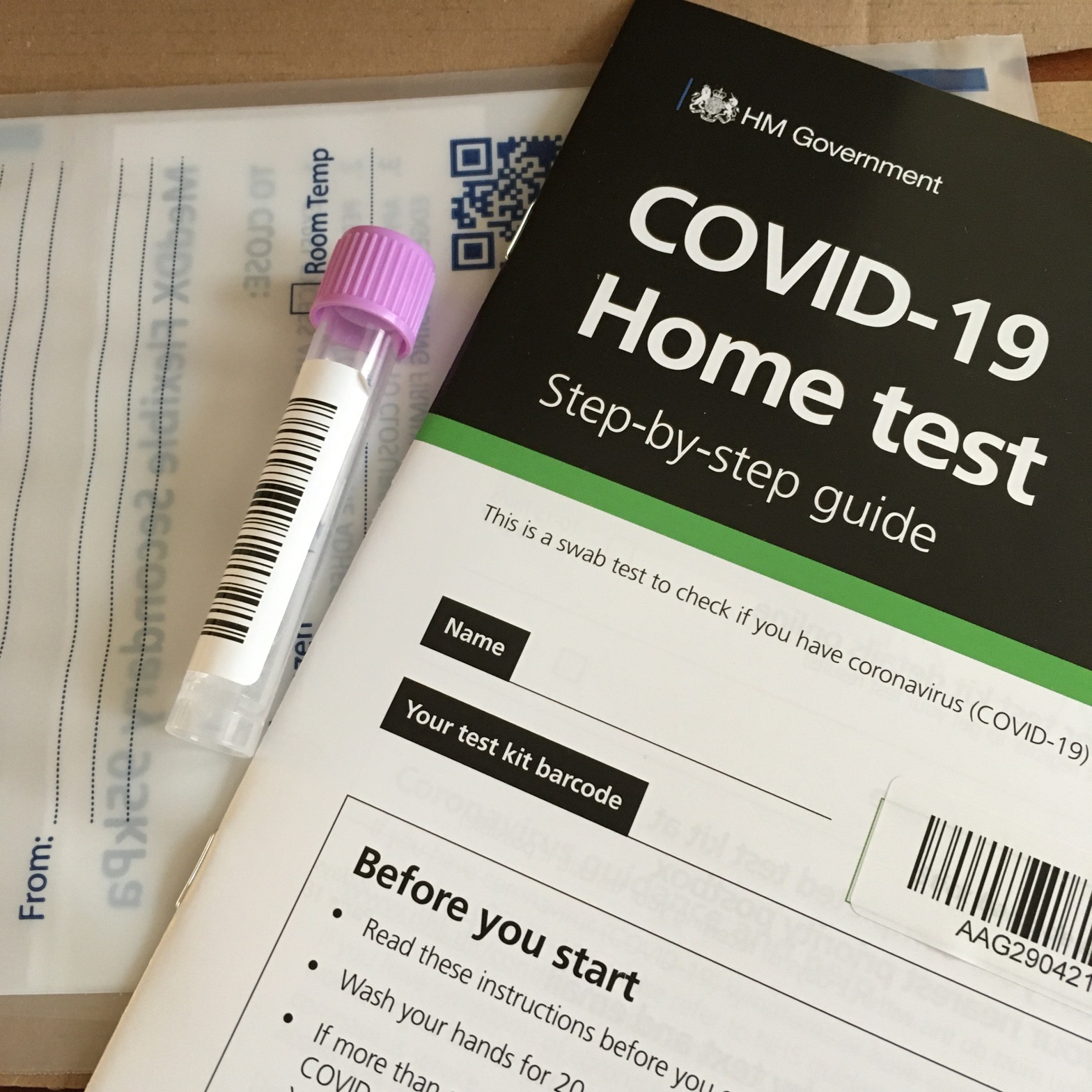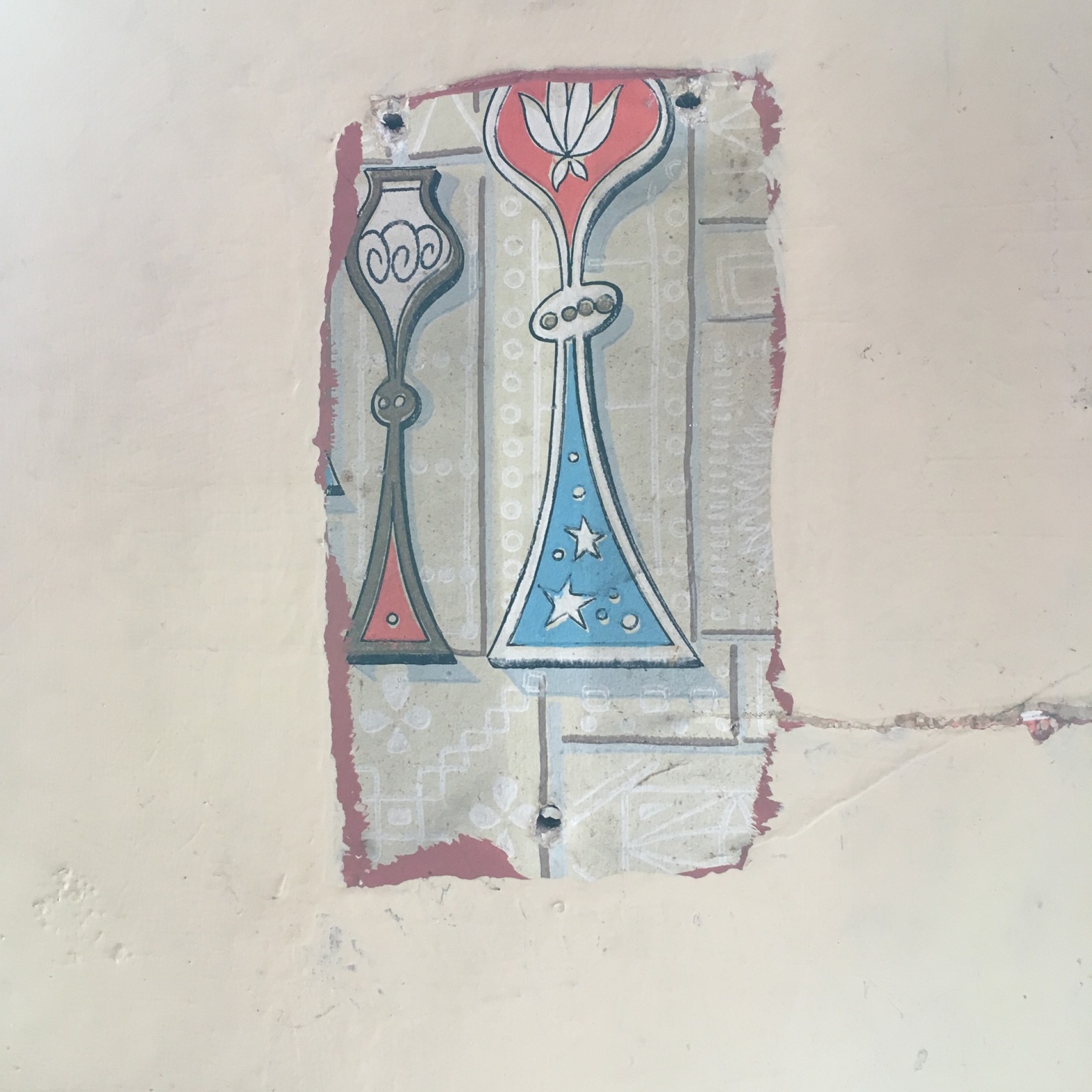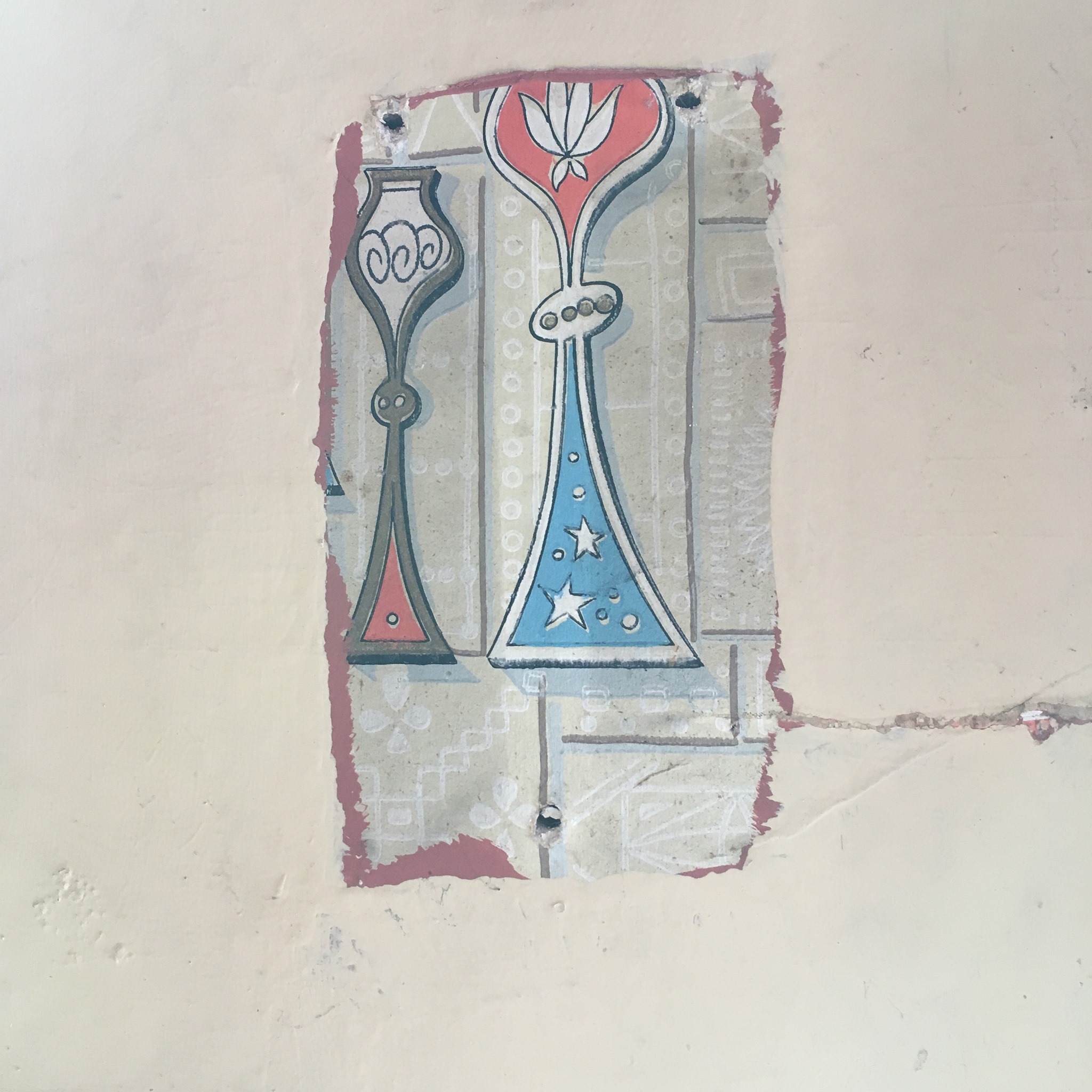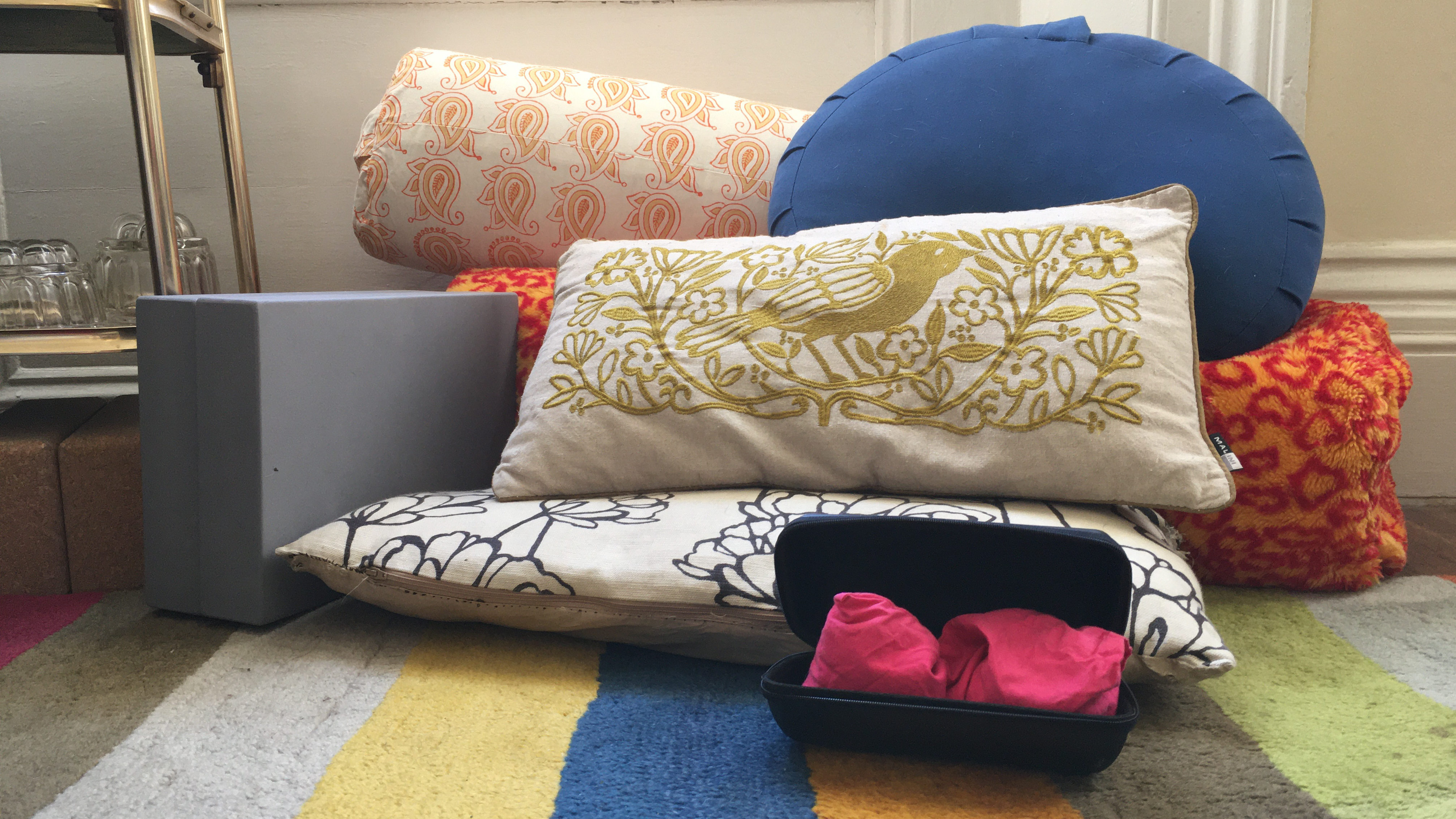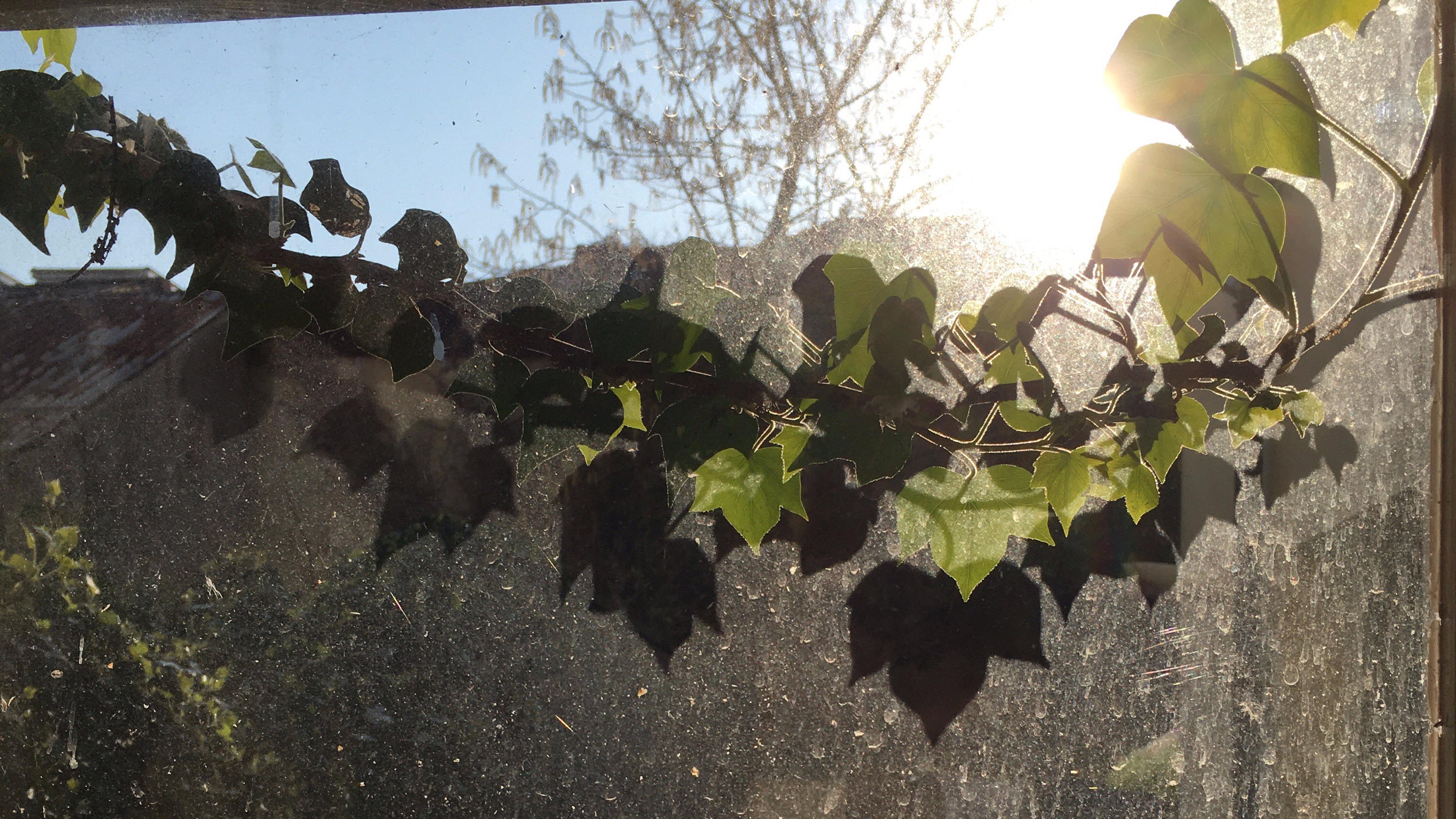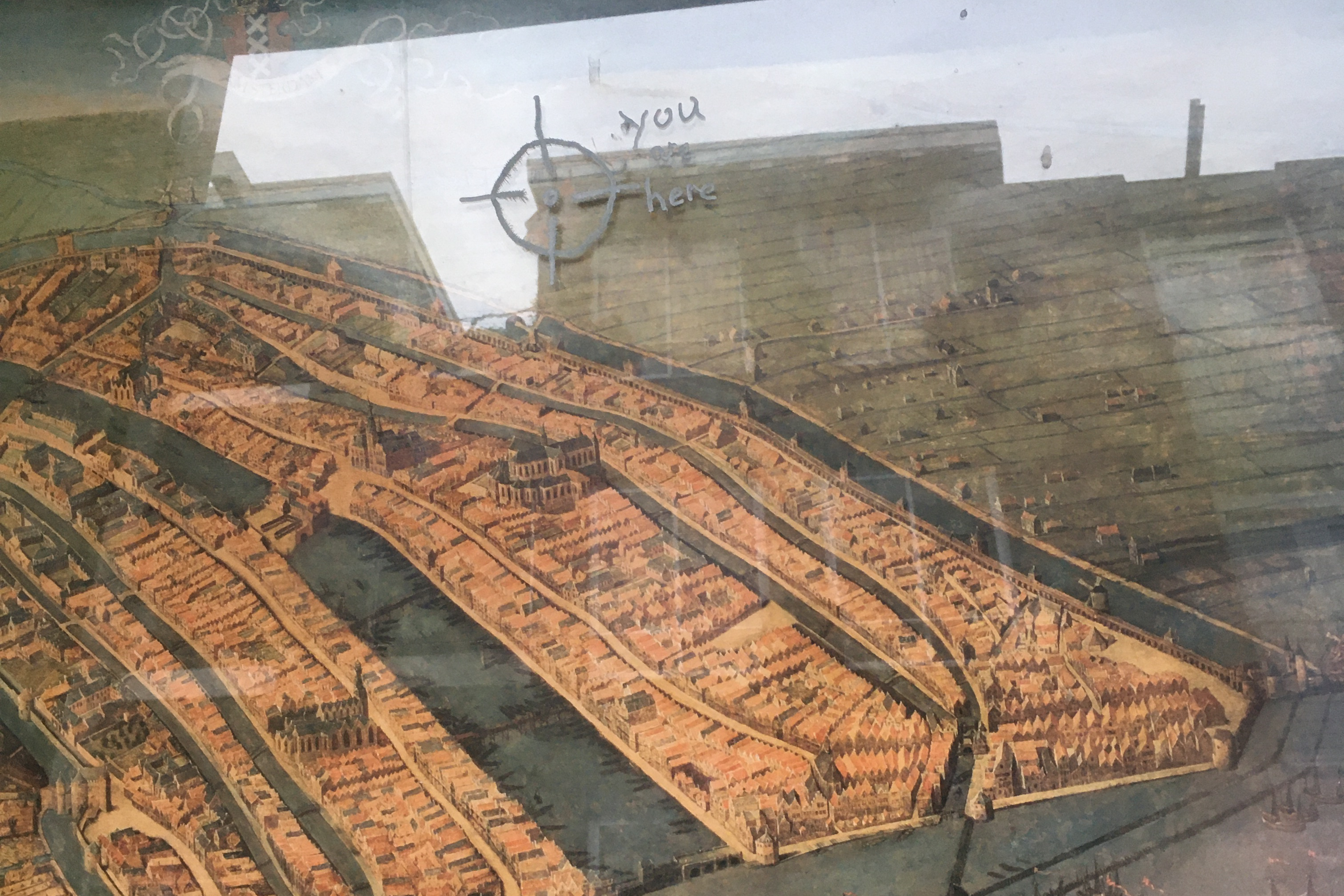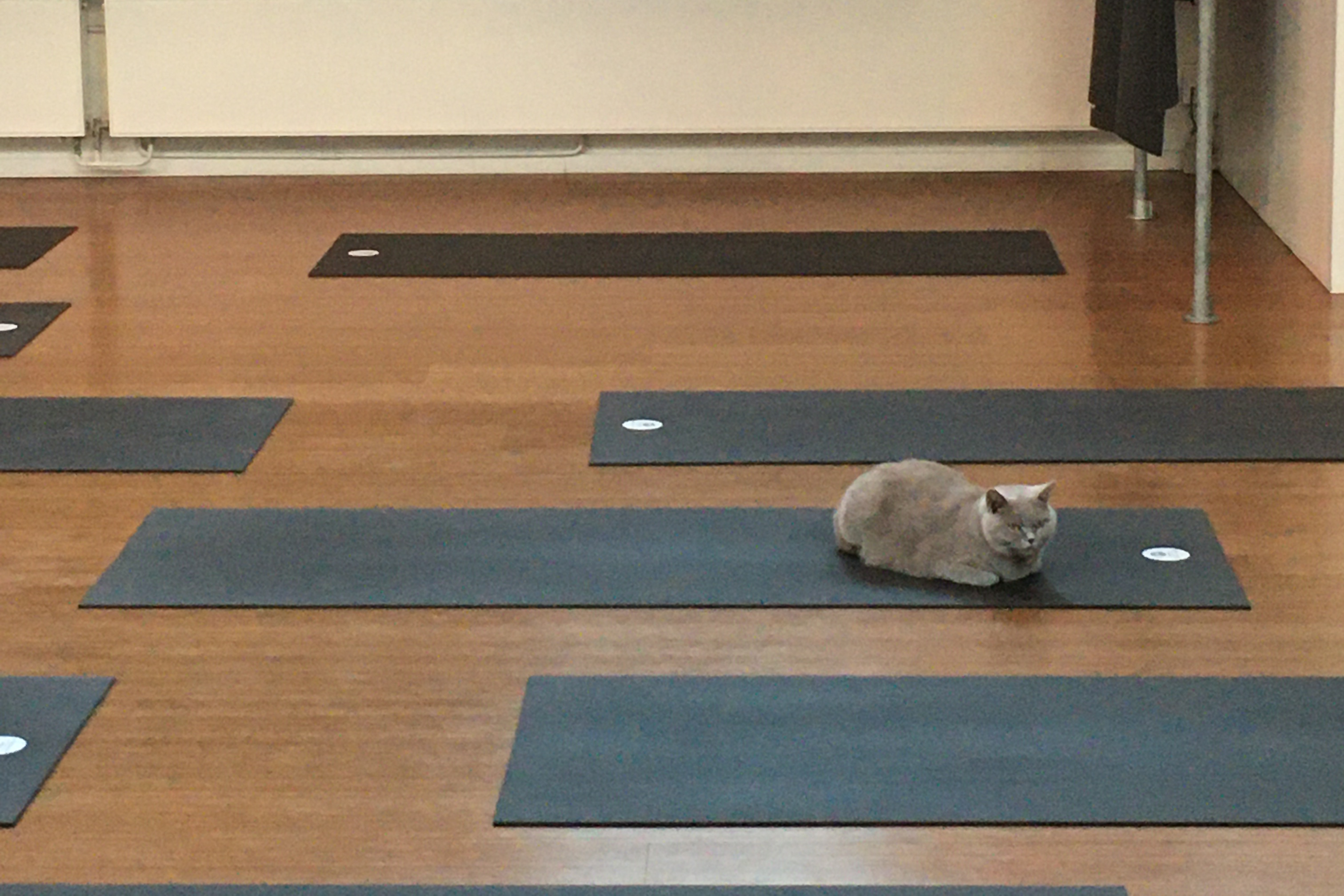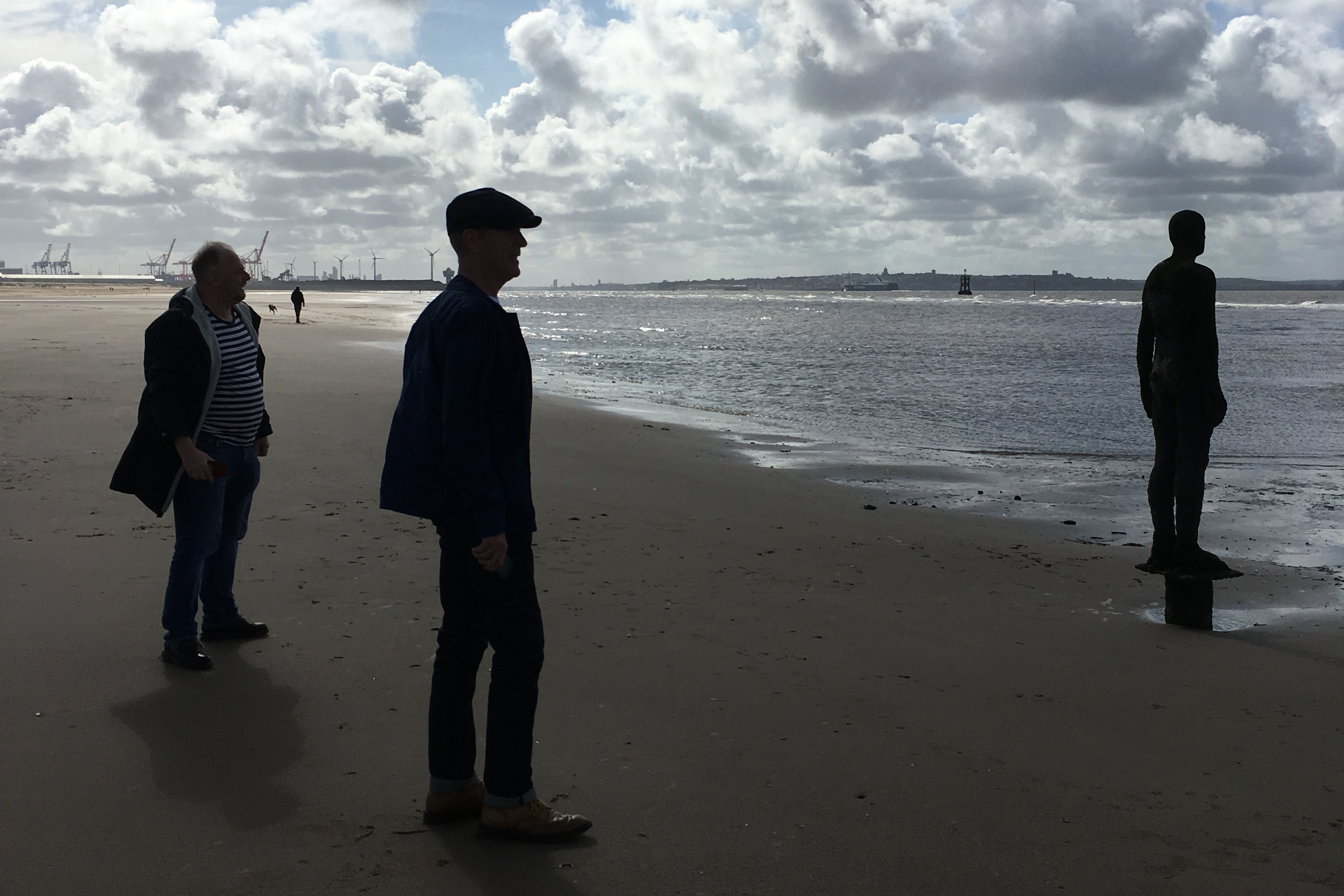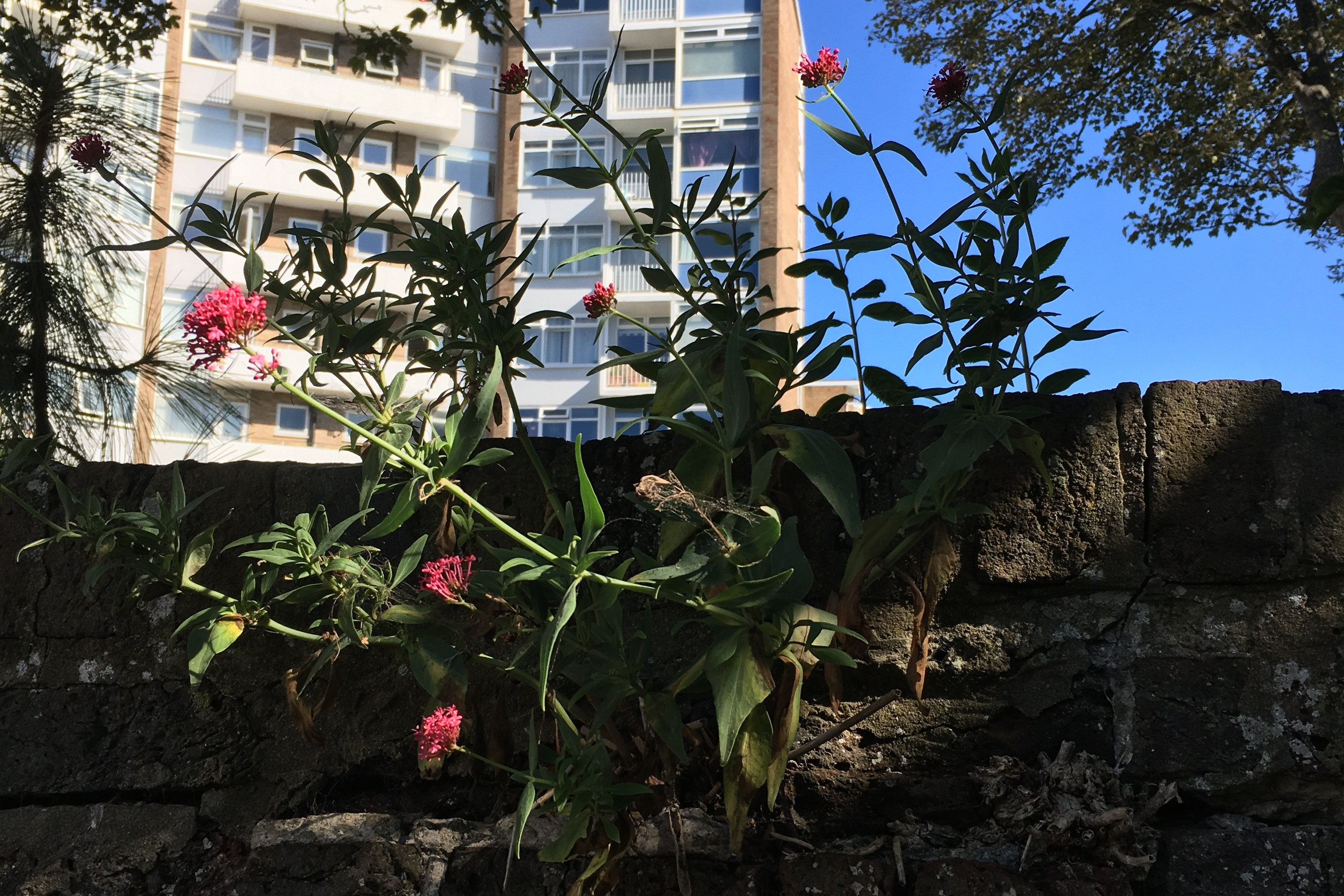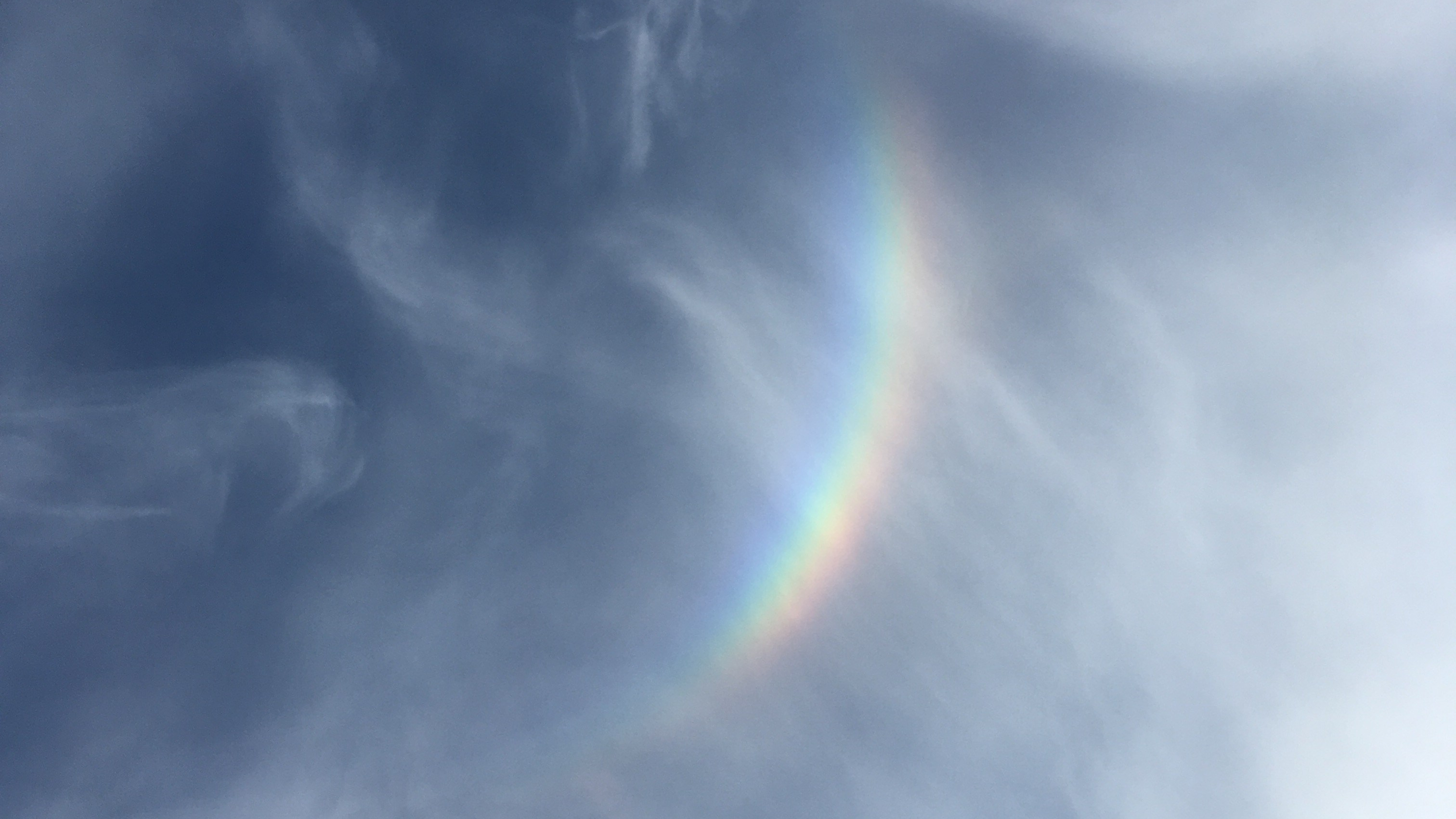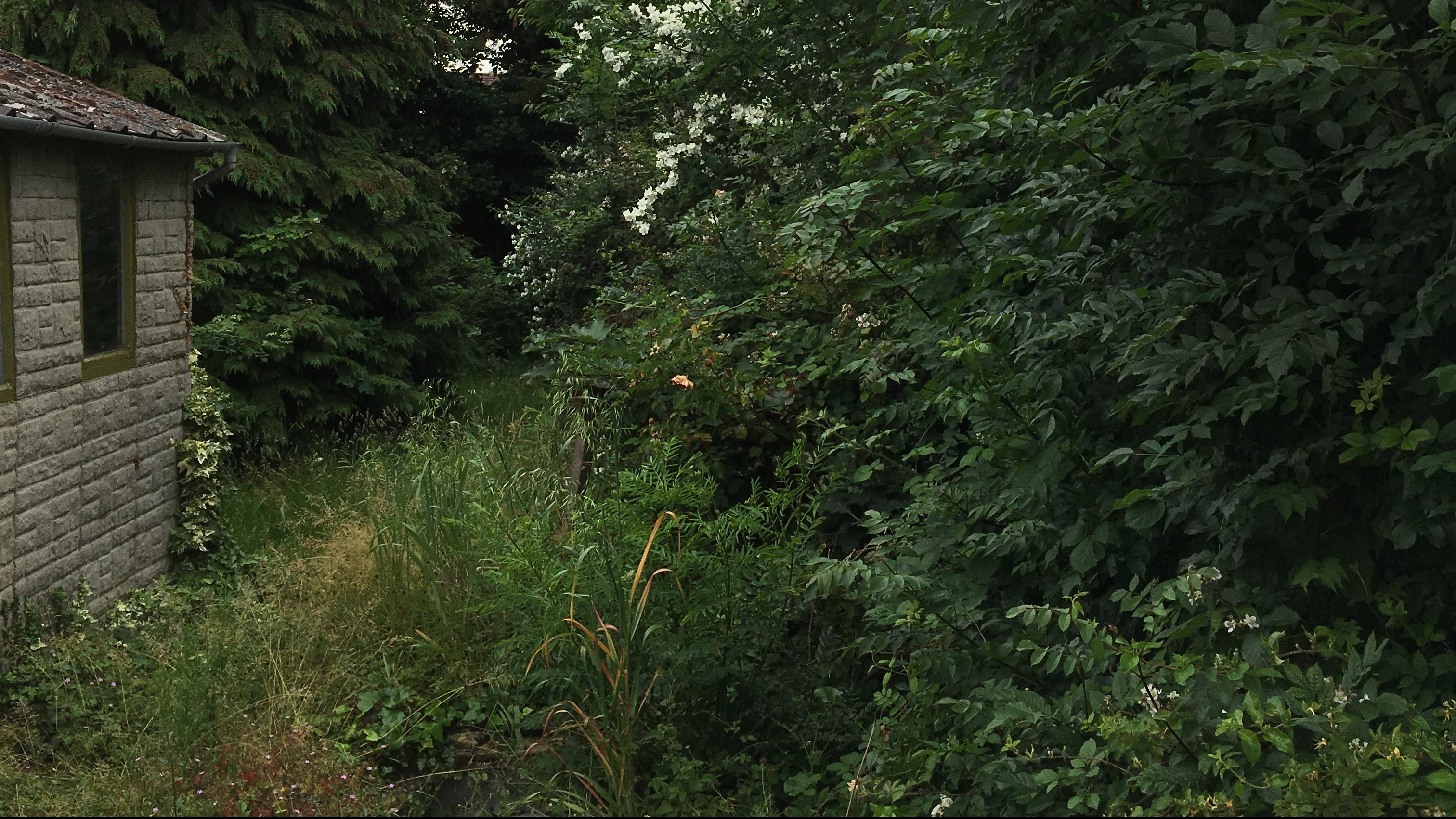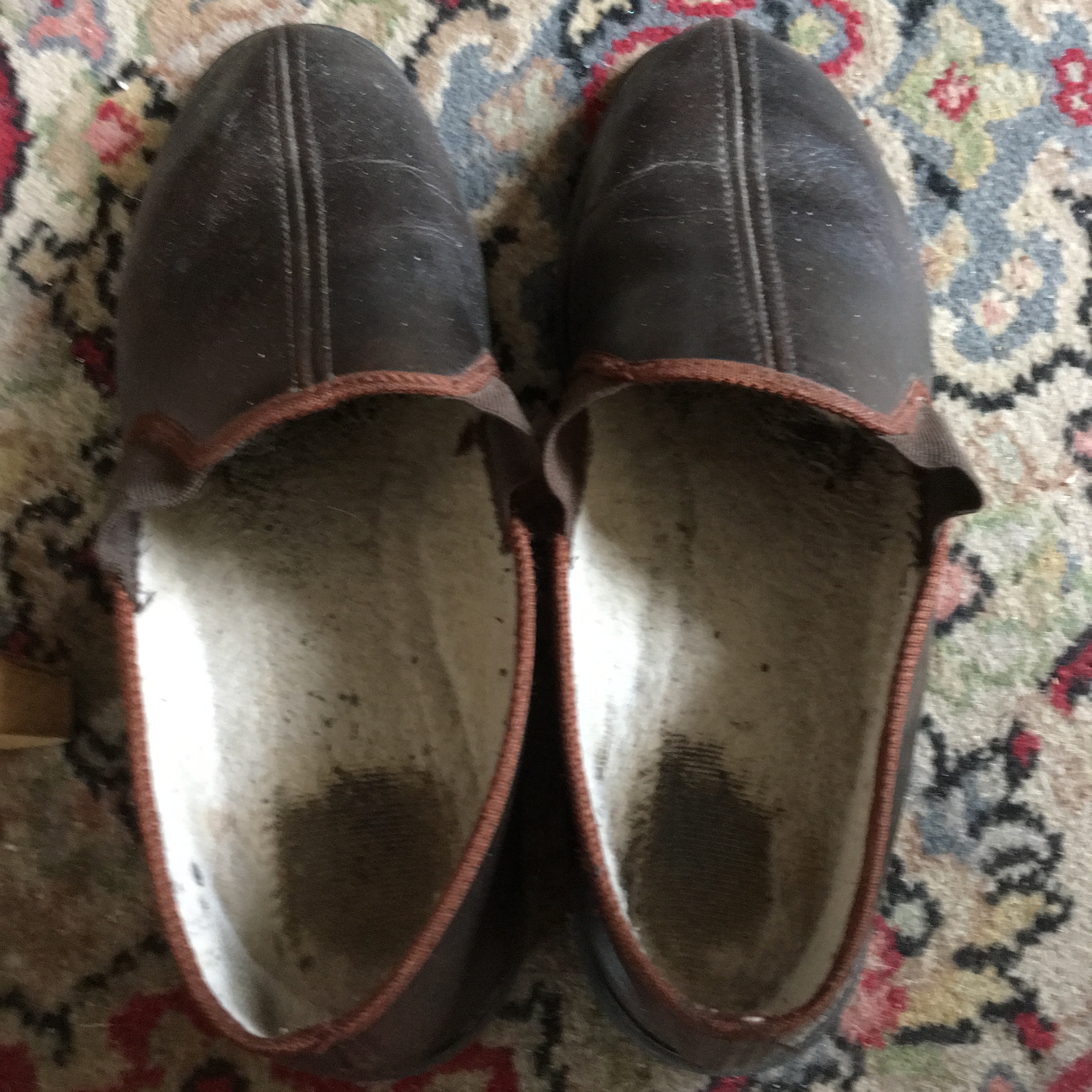For single people living in a city the notion of ‘bubbles’ was always going to be imperfect. I had a few that overlapped, and I knew that my bubbling would burst at some point, it was just a question of when. I wore a mask, avoided most people most of the time, was careful for myself and for others who I know who might be particularly vulnerable. Bubbles, unless utterly sealed were a delaying tactic, though. After 10 months of bubbling there I was – I had it.
Matt had been going to London, but then, so had Rachel and she’s never caught it. Transport, though… transport, toilets, meal deals and perhaps non symptomatic carriers? Or just arseholes who didn’t mask up. Anyway he came to visit after a jaunt up there, and we sat meters apart in my living room, didn’t do anything more risky than that but it was enough. He went to visit his son James as well, afterwards. Both of them tested positive during the time I was asymptomatic and a bit in denial. I had a couple of days of being ‘normal’ (whatever that was for me, I was okay) and then a couple of days with a bit of a sore throat. Then it hit.
I wasn’t going to bother getting a test, just ‘act as if’. At one point in a Facebook thread someone shamed me for not ‘doing my bit’ in terms of contributing to statistics so I did the test, it made me gag, and I clearly didn’t do it properly because I got a false negative as a result. Not only annoying the fuck out of me, but also skewing whatever the statistics are at this stage by a tiny factor. I’d been shamed by a stranger on the internet into getting a test I didn’t care about having and then getting a result that was clearly bollocks. I’m still angry. And not just at Stranger Lady but also with the wording of the email I got to tell me the test was negative.
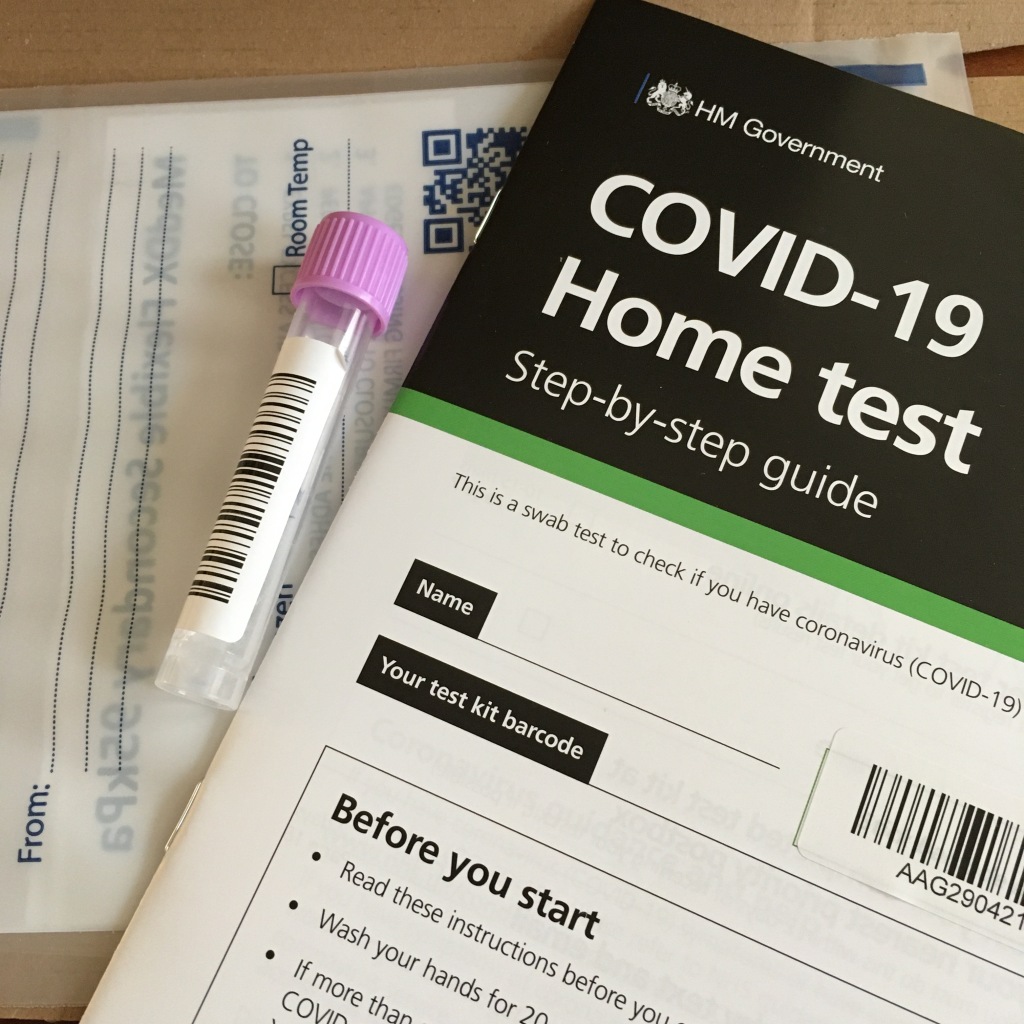
“Your coronavirus test result is negative. You did not have the virus when the test was done.
You only need to self-isolate if;
- you get symptoms of coronavirus (you’ll need a new test)
- you’re going into hospital (self-isolate until the date you go in)
- someone you live with tests positive
- you’ve been traced as a contact of someone who tested positive”
Obviously I had symptoms but the way it’s worded made me think that what if I was in work and had to ‘prove’ I was ill? The email doesn’t say your test was negative it says you did not have covid when you took the test. Soon after I got the email I was sent a survey about how I’d found the testing process and while I was too ill to fill it in at the time I vented later.
Hazel says that the passage I had where I had a lot of body pain and skin pain was my body’s natural interferon fighting the virus. During that time I began to have mild diarrhoea. Then I woke up one morning with shit soup gushing onto my bed. It stank and I was exhausted, but I had to drag the bedding to the washing machine and strip the cover off the topper, also soaked. What amazed me was how good pillow cases and sheets and duvet covers etc are as a barrier. I didn’t have to ditch any bedding, but I was so weak and I had to do something to re-make the bed. I literally did not have the strength to put a king sized duvet cover on a duvet. The cover lay on the duvet mountain on the floor. I’d made the monumental climb over the bed to tuck in a fitted sheet, but I was spent. Luckily Hazel was checking in on me. I discovered later that she was not just being friendly, she was monitoring me for hypoxia, because of course I hadn’t got a thermometer or an oximeter, I’d been overwhelmed by choice when I’d looked online and ended up with neither. Anyway we discussed bedding options and I pulled out the single duvet from its home in a bolster cover, and I’ve been sleeping under it ever since. I even bought a new cover for it since the one it usually has is so old my brother had given it to me decades ago when he was working at IKEA.
I write about this diarrhoea episode partly because it is one of the symptoms rarely talked about, probably because of internalised shame. I have IBS anyway but this was another level for me.
I lived in a dream of audiobooks and when conscious enough I went online. My jam for the early part of the illness was Mrs Dalloway on a loop. Appropriate, I thought.
It was a fortnight of a kind of apartness that was further out than I’d experienced recently. Let’s say, even, since the time when I was first ill and my migraines were daily and medication didn’t touch them. After that I was in a ‘walking wounded’ state for years, and it was alienating but there’s something particular about being properly ill as well as not functioning. I wouldn’t say I was actively delirious, and I didn’t faint, like Matt did, but I was certainly ‘out of time’. Even with my Dosette box I found it really hard to take medication appropriately. I found myself afraid to take supplements I had in there, and other meds. I lived, really, on paracetamol, diazepam, sumatriptan and codeine. Water tasted disgusting and I wasn’t eating. I had various soft drinks – cordials, Coke, and a selection box of cans of live cultures – water kefir, kombucha and switchel. Of these I gravitated to the switchel, and ordered a whole case of it. Reading about it now, it seems to be a milder culture than the others, of apple cider vinegar, honey, and ginger.
The other bit thing about the Covid experience is fear. Your symptoms may or even will be different to someone else’s. Any one of them could land you in hospital. You might have to be intubated. You might die. You just don’t know. For the duration of the illness you can only play catch up with how to deal with what horror is the top layer that day. You are aware of the long covid issue, but it’s not uppermost in your mind, you are in an acute phase and you respond accordingly.
I’d had a daily yoga practice for over a year, but didn’t do much yoga during that first fortnight. Times when I felt like it could help I’d do part of it, or do none of it, but lie on the floor with my knees over a bolster, a blanket on top of me, listening. That was enough.
A lot of what the yoga has done for me is to take down the daily stress – lots of other things as well, but just lying there listening for an hour or an hour and a half was still good work.
The other thing about the fear was in the context of my own life, where I’d been gaslighted enough with the oh yeah? ailment of fibromyalgia and the equally invisible (most of the time) chronic migraine. Even when I got the ADHD diagnosis one of the first people I told hectored me about it – “You can’t have ADHD. I teach kids with ADHD and you don’t have it.” Which was like a visceral punch. By the time I got the autism diagnosis I was way more leery of announcing it in a way that would invite an attack – and ironically I never normally see this woman around the place but there she was right after the diagnosis asking me how I was. Needless to say I kept that topic off the table, and yet I still managed to get a side swipe from someone I didn’t even know. I had a visitor from London who told me he’d mentioned my autism to someone whose response was to say “I hate these people who self diagnose, it’s like they want to be on trend”. This, after a six page diagnostic letter. FUCK HIM – whoever he may be.
So getting the negative diagnosis was horrible, but not as horrible as having covid coming out of my arse. When, after a fortnight, I phoned my doctor mainly to get a bumper pack of Imodium on prescription he told me two good things – one, I’d no longer be infectious, and two, I’d need to convalesce for another fortnight at least. I mean I live a convalescent lifestyle as it is, but it was good to hear from the horse’s mouth. He didn’t even ask me if I’d taken the test. The lateral flow test is apparently up to 70% inaccurate.
In the following fortnight I slowly started wanting food again, and found myself in a streak of ordering take aways that I’ve never experienced before, but it was necessary, since even standing for the, what, half a minute? that it takes to prepare dog food was giving me breathing issues and heinous back pain. I stuck to the schwitzel, thank God for that, and I rested. Having absorbed the inter war vibe of Mrs Dalloway I listened to the two Pat Barker trilogies, then the Kate Atkinson war books, and then to finish the season I listened to Muriel Spark’s Girls of Slender Means.
I wrote this post in part as a response to a wave of posts with ‘advice’ for managing Covid at home. My friend Katy had Covid early on, and it was a different mutation to the one I had, and she is equally irritated by the bullshit stuff that’s out there – opinions can be quite harmful, and ‘copypasta’ can be lethal. Here’s Snopes on the latest viral version – do have a read, I hope you ‘enjoyed’ my story but this has actual science in it. Don’t try this shit at home. https://www.snopes.com/news/2020/12/29/fight-covid-home/
